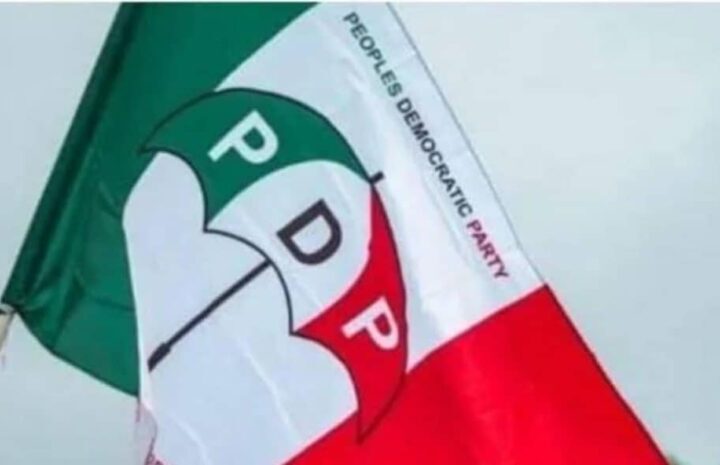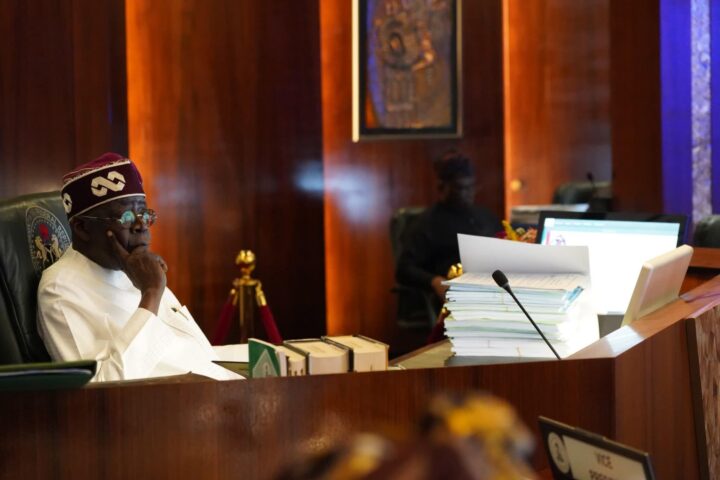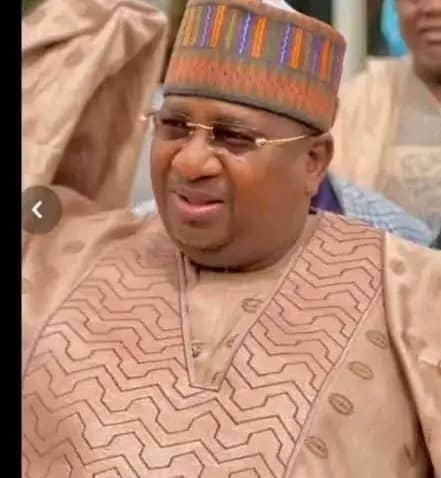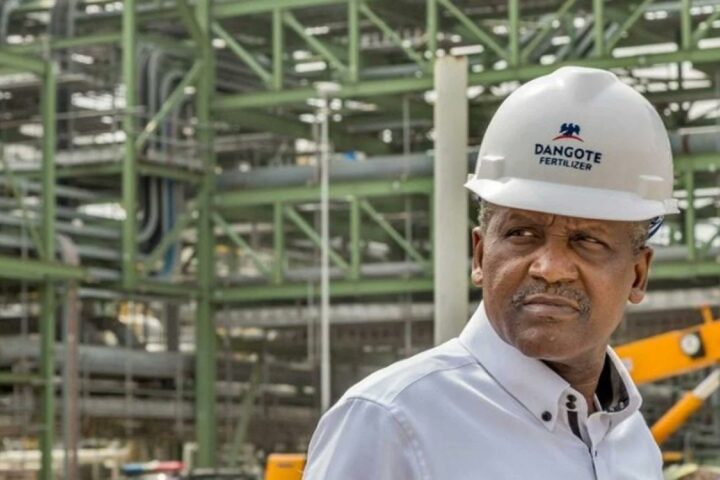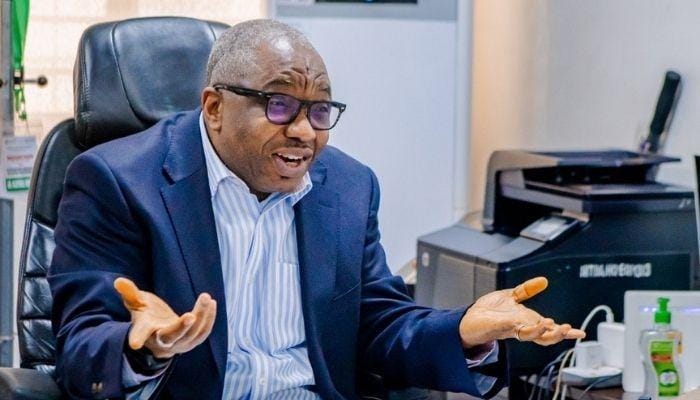ENGIE Energy Access,solar homes systems and mini-grid solutions in Nigeria and SubSaharan Africa,has advised African governments to channel their efforts at alternative reliable and clean energy solution, including off-grid systems to address the recurrent power supply challenge.
Kolawole Oluwamuyiwa, Head of Customer Experience, ENGIE Energy Access Nigeria,gave the suggestion in a statement on Friday.
According to him,off-grid solutions such as mini-grids and solar home systems had proved to be triggers for socio-economic development particularly in un-served and under-served rural communities in many developing countries.
Oluwamuyiwa who stated this at the recently concluded Western Africa Solar Week 2022, advised the continent’s governments to consider partnership and collaboration with the private sector in a bid to tackle the challenge.
According to him,the company was deploying innovative solutions that made affordable, reliable, and sustainable energy available for underserved and un-served communities in more than 11 states in Nigeria, impacting thousands of individuals, homes and small businesses in communities across the country.
He emphasized that installation of the hybrid 90-kilowatt Gbangba mini-grid in Gbako Local Government Area of Niger State by ENGIE Energy Access had boosted the productive economy of the community as well as accounted for improved quality of life of the people and businesses significantly.
He said: “Our revolutionary hybrid 90-kilowatt mini-grid is a benchmark rural electrification project in Africa. The power plant was completed in December 2021 and formally inaugurated on April 12, 2022 by the Niger State Governor. The project was instrumental in breaking the lack of access to electric power for the people of Gbangba community for over 100 years of its existence.
“Since December 2021, ENGIE Energy Access has been delivering uninterrupted, 24 hours a day, seven days a week, reliable and affordable power to a wide range of customers – individuals, homes and businesses in the community. Over 1,500 lives are being directly impacted and their lives changed for the better.’
.
He maintained that getting more private sector investors in the power sector would help in addressing challenges such as poor implementation of tariff policy, high and unsustainable losses in the distribution chain, energy theft and frequent grid collapse as experienced in recent times across the country.










